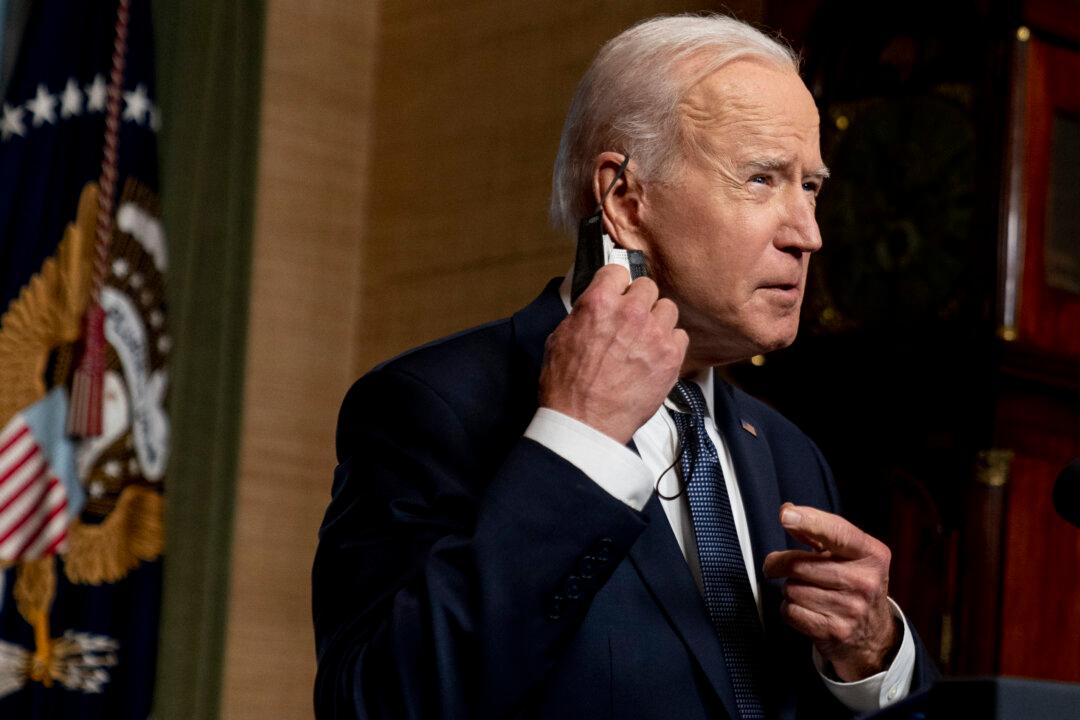President Joe Biden is scheduled on Monday to meet with a bipartisan group of Congress members to discuss his $2.2 trillion infrastructure proposal.
Monday’s meeting, which is taking place in the Oval Office of the White House, will mark the second time a group of bipartisan lawmakers will convene with the president to discuss his newly unveiled plan, which has largely met with opposition from Republicans.




